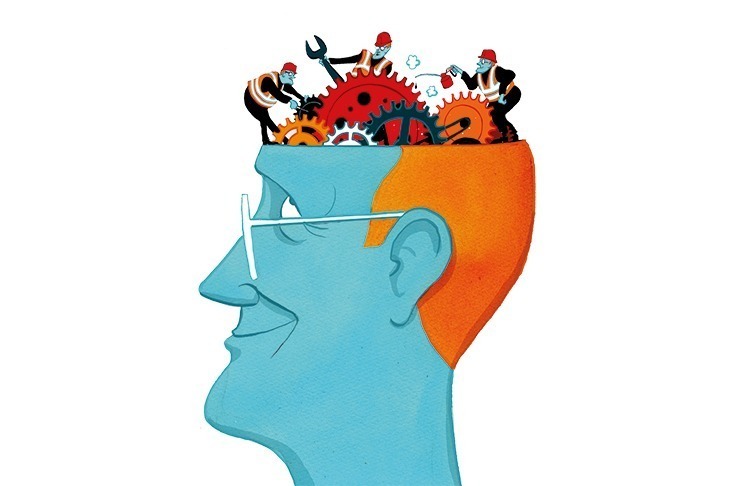Posts Tagged ‘cognitive decline’
Study: Cognitively stimulating jobs help us maintain brain health as we age, delaying the onset of cognitive impairment and dementia
Workplace learning could be a boon for wellness, research shows (HR DIVE): Learning and development in the workplace could be a boon for wellness, new research suggests. Doing cognitively demanding work can delay the onset of brain decline and even dementia at an older age, according to the study published April 17 in the journal Neurology.…
Read MoreStudy: Playing board games like Chess, Mahjong, Go, helps slow cognitive decline as we age (but with clear differences in neurobiology and improved function)
Playing Board Games May Slow Cognitive Decline, Improve QoL (Medscape): Playing chess or other board games slows cognitive decline and improves quality of life in older patients, results of a new systematic review suggest. … After searching the published literature, Pozzi and his colleagues selected 15 studies for the review. The studies assessed the impact…
Read MorePilot program by IU and Davos Alzheimer’s Collaborative to test AI-powered cognitive screening at scale
How AI, Digital Screening Tools Can Help Flag Early Cognitive Decline (Health IT Analytics): Early diagnosis of Alzheimer’s and other dementias remains at the forefront of efforts to minimize the impact of these neurodegenerative diseases. But challenges such as increased life expectancy and the risks of aging, along with complexities in diagnosis and treatment resulting…
Read MoreOn cognitive training, muscle mass, neurostimulation, brain teasers, apps, and more
Welcome to a new edition of SharpBrains’ e‑newsletter, featuring timely brain & innovation news and a few fun teasers to test your working memory. #1. Study: Building muscle mass helps delay cognitive decline beyond the value of exercise itself “Teasing out exactly how muscle helps the brain remains a challenge. There are plenty of indirect…
Read MoreStudy: Building muscle mass helps delay cognitive decline beyond the value of exercise itself
A new reason to build muscle: brain health (The Globe and Mail): … a recent study from researchers at McGill University, published in the journal JAMA Network Open, offers a new reason for continuing to work on building muscle: It’s good for your brain, not just your biceps. Greater muscle mass, the results suggest, helps ward…
Read MoreDual decline in gait speed and memory function seen as most predictive of future dementia
Walking Speed Helps Predict Future Dementia (MedPage Today): Dual decline in gait speed and cognition carried a higher risk of dementia than either gait-only decline or cognitive-only decline, reported Taya Collyer, PhD, of Monash University in Victoria, Australia, and co-authors, in JAMA Network Open…
Read More




